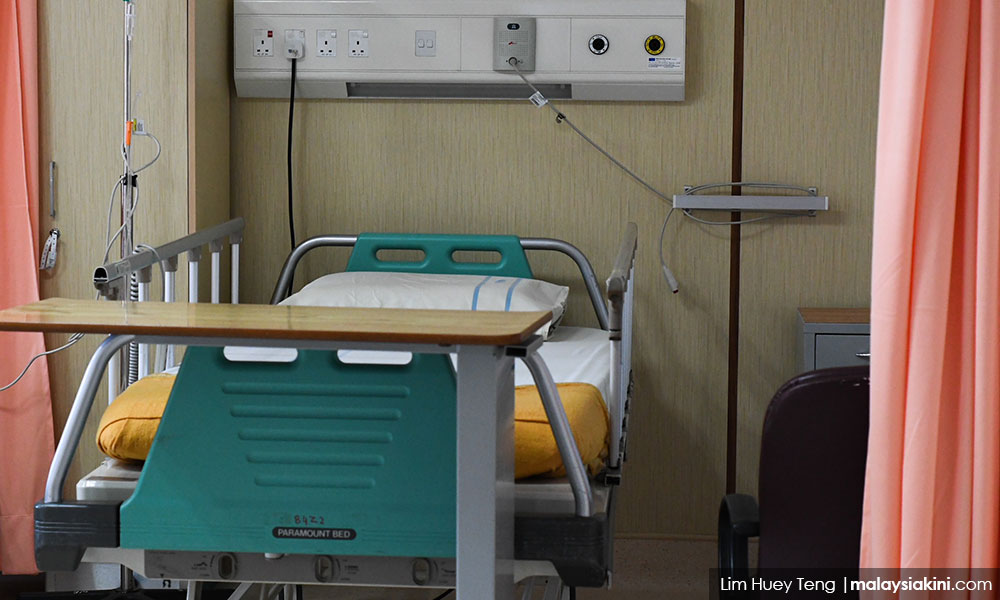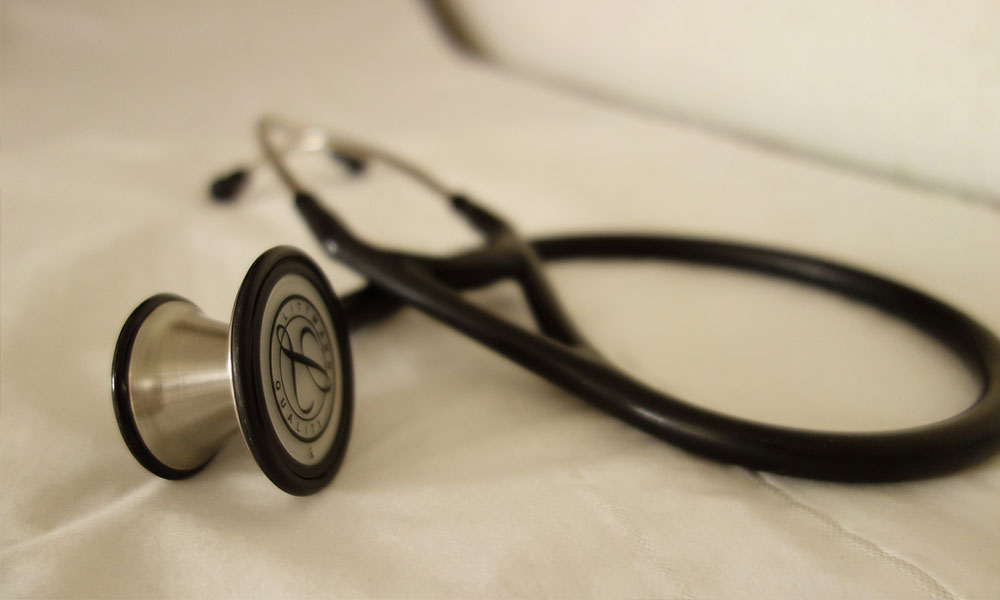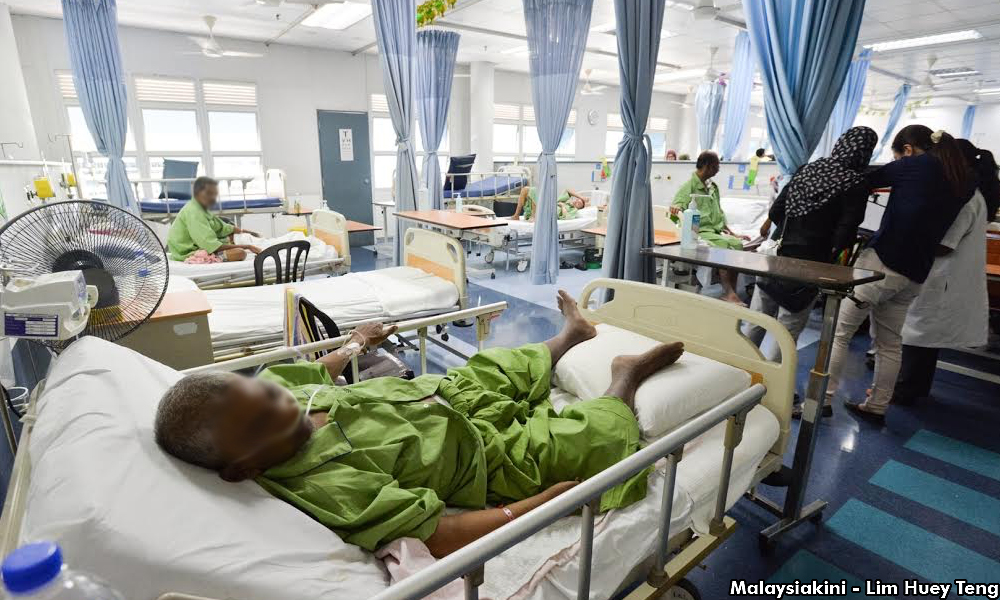
Healthcare is a citizen’s right and Malaysia is growing. In recent years, our nation has seen the mushrooming of medical schools, with a total of 32 of which 11 are public with 21 private universities.
Currently, Malaysia has a doctor-population ratio of 1:632.
Health Minister Dzulkefly Ahmad has said that the health ministry was focussing on producing quality doctors and specialisation of doctors rather than quantity. How long will it take before we can achieve our doctor-population ratio goal?
We would need an additional 32,500 doctors from the existing 50 000 doctors to meet the requirement of a doctor-population ratio of 1:400 says Dr Mohamed Namazie Ibrahim of private facility KPJ Selangor We know that doctors face the challenges and mental pressure of trying to heal patients and to keep people as healthy as possible.
But did you know that there is a high population of overly-stressed doctors due to them constantly running on emergency mode? Hyper-stressed environments and overwork can affect decision-making to a great extent. Have you wondered what doctors eat while on long shifts or when they stay back overnight? Have you ever worked 18 hours straight?

The 18-hour rigorous shift during a young doctor's housemanship causes tremendous stress and many newly-graduated junior doctors quit. There is no life for the young doctors as they shuttle from their hospitals to their quarters or rented rooms.
At most hospitals, there is no bed to lie down on when the housemen is on call. Housemen cannot go out for meals and are restricted to the hospital canteen where the food is limited.
The dropout rate of housemen appears to be as high as 20 percent. The prolonged confirmation for full doctor status causes medical graduates a great deal of anxiety. Why doesn’t the health ministry do something about this?
In-depth observation reveals that the young doctor is up as early as 6 am and on his feet almost 15 hours until 9 pm with two additional unofficial hours due to the passing over of reports.
“Tagging” is when the young doctor follows a senior houseman around and learns the basics of the job. Tagging 16 hours non-stop and the period being extended for various reasons are killing the doctors.

Some of the housemen are bullied and they dare not to complain under the threats of tagging extension by their superiors. The climate of fear and intimidation is that strong. This causes a complete absence of quality family time.
The poor junior doctor barely has six hours to sleep. Most housemen suffer from sleep deprivation, are clueless and walk like zombies after their shift.
The Health Ministry must explore other ways that allow for greater flexibility in employing the houseman
The Health Ministry encourages doctors to take up a masters programme at local universities through federal scholarships (Hadiah Latihan Persekutuan) and to be qualified as specialists. But it is really tough to be selected to the medical specialisation programme.
Alternatively, doctors can also sit for international professional examinations such as the Royal College of Physicians (MRCP) but they have to pay for it on their own and the exam fee is costly.

A young medical officer who wishes to specialise in a field of his choice is required to have at least three years' of working experience in a tertiary hospital and only then is he allowed to apply for the programme. Sadly enough, if a young doctor is posted to a district hospital as a medical officer upon completion of his two years of housemanship, he or she will not qualify for medical specialisation.
Young doctors who work in district hospitals, despite their work stress, have multiple role obligations. They, too, have to handle the situation when an emergency occurs. They, too, have to treat life-threatening problems like excessive bleeding, fractured bones and other injuries. They handle labour and birth processes too.
Additionally, they have to know procedures for every emergency, for example, being alone on-call and making decisions in the middle of the night. Whereas doctors at tertiary hospitals can always rely on specialists or get more help from their colleagues around them.
In fact, it would be a great injustice to not allow young doctors serving in district hospitals from embarking on a medical specialisation because it was not their choice to be posted to district hospitals and clinics. The ministry must take into consideration the experience, credibility and knowledge of doctors in the district hospitals and minimise bureaucracy to ensure doctors are given equal opportunity.
Rejecting the application of those at district hospitals is frustrating and demoralising. Sadly enough, whatever exposure gained by a young doctor from a district hospital without a specialist is not counted for a specialisation programme application.

There are cases where housemen, or medical officers as they are known, have come across senior doctors delaying or postponing their assessments due to various reasons. Many times young doctors at the district hospitals are scolded by the specialists when they referring cases to their tertiary hospitals.
The way things are communicated is not at its best. Medical officers at the district hospitals and clinics are always looked down by medical officers and specialists working at the tertiary centres.
Hence, the general perception of medical officers at the district hospitals is that they are less competent compared to those at tertiary centres.
The government, especially the Health Ministry, must understand the plight of doctors. The training of specialists must not be dealt with haphazardly. The government wants to increase the number of specialists but hidden hands and a narrow- minded mentality make things notoriously difficult.
Let’s keep healthcare healthy.
M VIVEK served as an aide to several former MIC deputy ministers. - Mkini



No comments:
Post a Comment
Note: Only a member of this blog may post a comment.